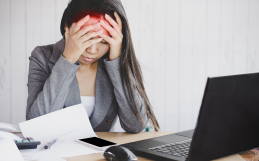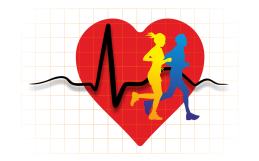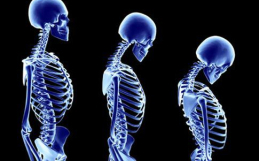We are sleeping 20% less than we did 30 years ago! Improving sleep is likely the most important and impactful thing we can do to optimize our health. It is also something we have great control over, unless you have young kids — trust me, I know this well!
Unfortunately, we live in a culture that makes sleeping less heroic and prevents us from solving the problem of sleep deprivation. Watch sleep expert Kirk Parsley’s Ted Talk to learn more about North America’s biggest problem:
I have discussed the various issues of sleep loss in a past blog, but I’ll go into more depth on the topic here. Studies have already shown the effects of sleep loss on our health. For example, sleep restricting young, healthy students for only 4 days resulted in insulin and blood glucose levels consistent with obesity and diabetes.
Chronic sleep deprivation increases the risk of every chronic disease (including cancer, heart attack, stroke and diabetes), as well as accidents and suicide. It also increases costs for organizations, as a result of absenteeism and reduced productivity in workplace.
Tips for Optimizing Your Sleep
To encourage a normal sleep and wake cycle, and proper bodily response to melatonin, try the following tips for optimizing your sleep:
- Watch the sunrise for maximal morning alertness
- Watch the sunset for maximal evening drowsiness.
- Go to bed before 11pm to avoid ‘second-wind’ associated with cortisol surge.
- Get blackout curtains for every room.
- Spend more time outside during daylight hours without sunglasses.
- Avoid shift work if possible.
- Cover your alarm clock to minimize blue light.
- Track your sleep with a sleep app such as sleep cycle or your fitbit.
- Download program f.lux if you are on your electronic device or computer at night. Blue light from any device will affect your sleep and wake cycle.
- Wear amber lenses at home to minimize blue light in the evening until going to bed.
- Add amber or low blue lights as night lights for children looking for a washroom or for mom when nursing, so sleep is not disrupted with conventional light bulbs.
- Minimize stress with box breathing and transcendental meditation which have been shown to decrease the amount of sleep needed.
- Avoid vigorous exercise two hours prior to sleep.
- Walk barefoot on grass when possible.
- Consider a sleep induction mat.
More Sleep Resources:
- Further tips on falling asleep and staying asleep.
- My recommendations on sleep positioning.
- “The Most Overlooked Factor in Health and Longevity”, Kirk Parsley
Buenas noches!













